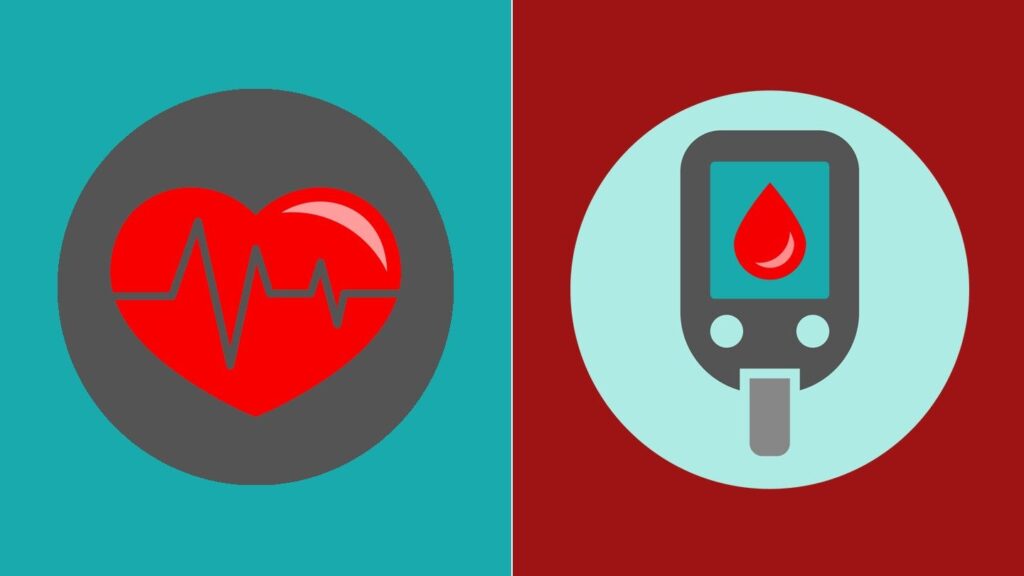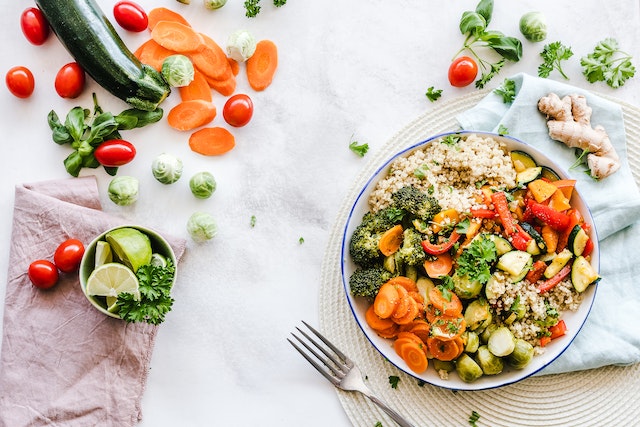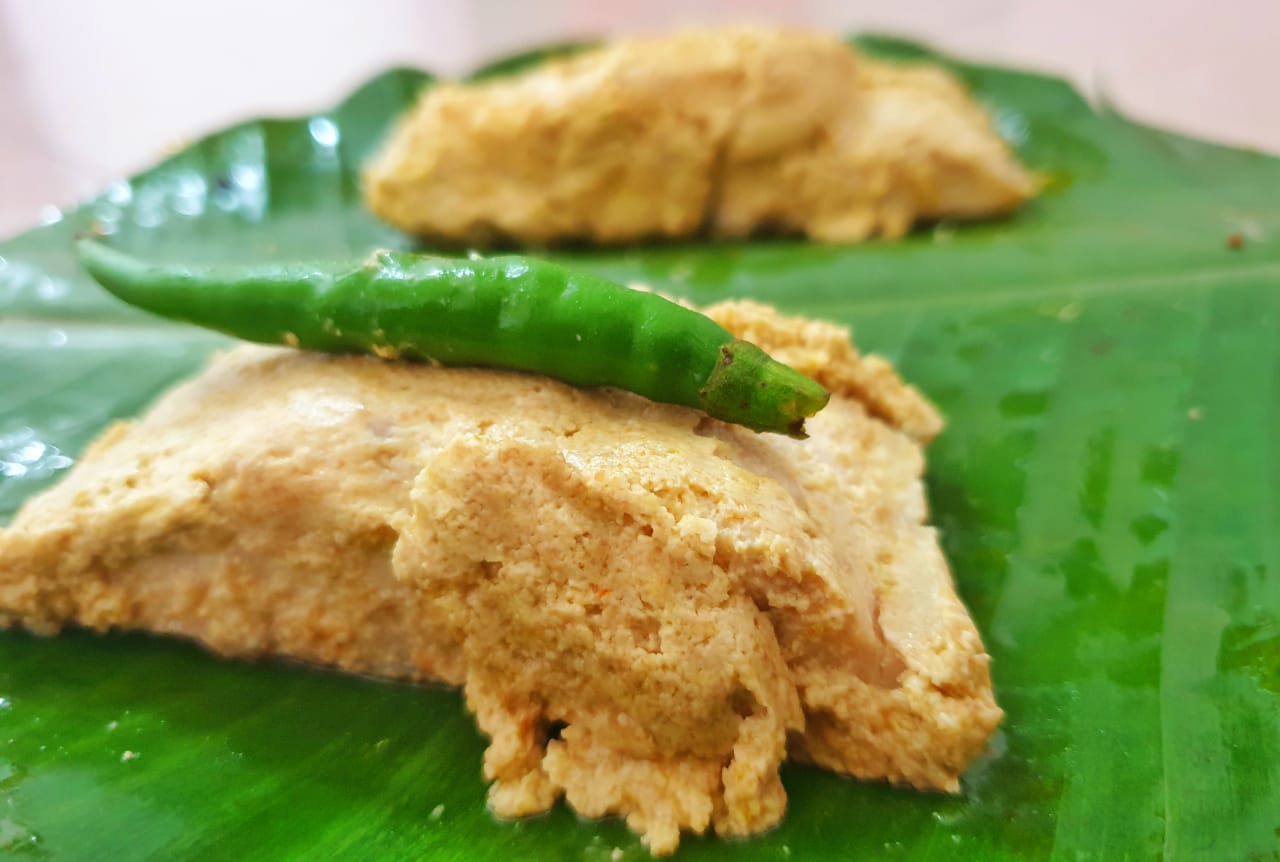The Mediterranean diet has been touted as one of the healthiest diets in the world. It is a diet that is rich in fruits, vegetables, whole grains, legumes, nuts, and olive oil, and low in red meat, processed foods, and added sugars. This diet is based on the traditional eating patterns of the Mediterranean region, where people are known for their longevity and low rates of chronic diseases. In this blog, we will explore the advantages and disadvantages of the Mediterranean diet.
Advantages:
Reduced risk of chronic diseases:

The Mediterranean diet has been linked with a reduced risk of chronic diseases such as heart disease, stroke, type 2 diabetes, and certain types of cancer. This is because the diet is rich in plant-based foods, which are high in fiber, antioxidants, and phytonutrients that have been shown to reduce inflammation and oxidative stress in the body.
Improved heart health:

The Mediterranean diet is rich in healthy fats, such as monounsaturated and polyunsaturated fats found in olive oil, nuts, and fatty fish. These fats have been shown to improve cholesterol levels, lower blood pressure, and reduce the risk of heart disease.
Weight loss and weight management:

The Mediterranean diet is not restrictive, and it encourages the consumption of a variety of nutrient-dense foods. Studies have shown that the Mediterranean diet can help with weight loss and weight management, as it is high in fiber and protein, which can increase satiety and reduce overeating.
Sustainable and enjoyable:
The Mediterranean diet is a sustainable and enjoyable way of eating. It does not require calorie counting or deprivation, and it emphasizes the importance of eating with family and friends and enjoying meals.
Disadvantages:
Cost:
The Mediterranean diet can be expensive, as it emphasizes the consumption of fresh fruits and vegetables, high-quality olive oil, and fatty fish. This can be a barrier for some people, especially those on a tight budget.
Limited food choices:
![]()
 The Mediterranean diet restricts the consumption of red meat, processed foods, and added sugars. This can be a challenge for those who are used to eating a diet high in these foods, and it may limit their food choices and make it more difficult to adhere to the diet.
The Mediterranean diet restricts the consumption of red meat, processed foods, and added sugars. This can be a challenge for those who are used to eating a diet high in these foods, and it may limit their food choices and make it more difficult to adhere to the diet.
Potential nutrient deficiencies:
The Mediterranean diet is low in some nutrients such as vitamin D, calcium, and iron. This is because it restricts the consumption of dairy products and red meat. Individuals following the Mediterranean diet need to ensure they are getting enough of these nutrients from other sources, such as fortified foods and supplements.
Lack of individualization:
The Mediterranean diet is a one-size-fits-all approach, and it may not be suitable for everyone. Individuals with specific health conditions or dietary restrictions may need to modify their diet to meet their individual needs.
In conclusion, the Mediterranean diet is a healthy and sustainable way of eating that has been linked with numerous health benefits. However, like any diet, it has its advantages and disadvantages. Individuals need to consider their individual needs and lifestyle when deciding whether the Mediterranean diet is right for them. With proper planning and preparation, the Mediterranean diet can be a delicious and nutritious way of eating that can improve overall health and well-being.





